On my trip to the Galapagos Islands, I spent every night on the top deck of our 20-passenger boat with my gaze fixated on the sky.
This was the first time in years I’d seen the stars without the blinding glare of city lights. It, quite literally, took my breath away; I can’t remember the last time I’d felt such an immense sense of awe and wonderment.
As I sat there for what felt like hours with my neck craned skyward and my mouth agape, it struck me: I suddenly understood why astro-tourism is on the rise, why more and more people are choosing to spend their precious vacation time chasing the cosmos.
Now that I’m back in a city where light pollution hinders my view of the night sky, I’m longing to jet off to a place where I can look up and see the shimmer of stars and the glow of other galaxies.
I probably won’t be going back to that isolated archipelago in the Pacific Ocean anytime soon, but thankfully, some of the best stargazing sites are located in Europe — and many are within easy reach of the continent’s major capitals.
If, like me, you’re feeling compelled to spend your next holiday losing yourself in the cosmos, these astro-tourism hotspots will help you do just that.
- Why is astro-tourism on the rise?
- Dark sky parks
- Observatories
- Celestial experiences
- Aurora spotting
- Stargazing tips
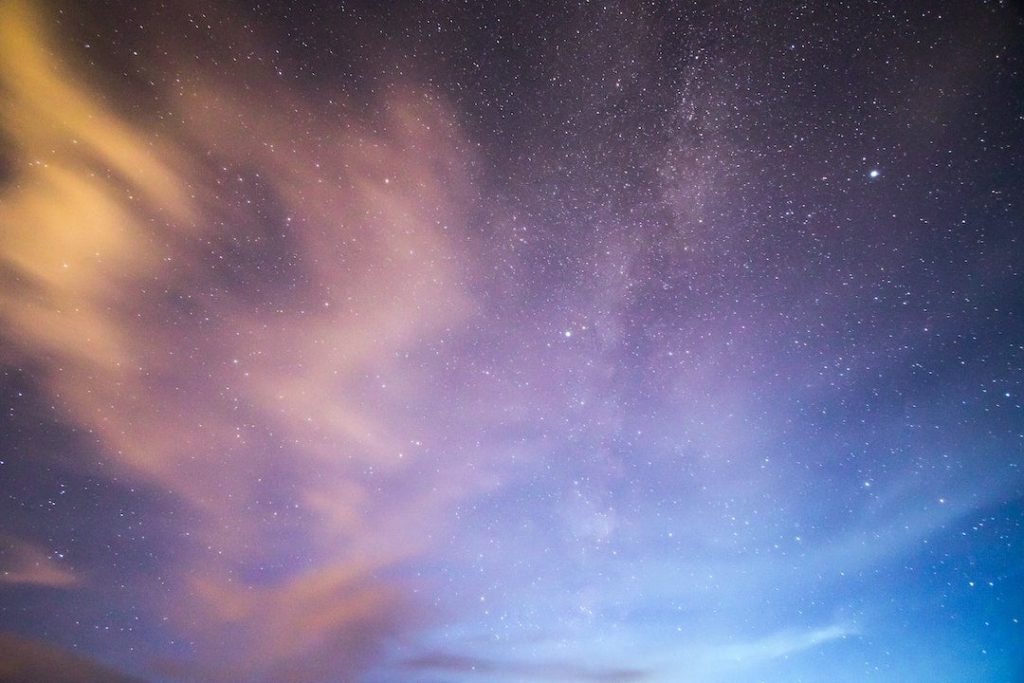
Why is astro-tourism on the rise?
Travellers are looking for a few key attributes in a holiday destination: they want to go to a place where they can get away from the well-trodden tourist trail; a place where they’ll have minimal impact on the planet’s finite resources; and a place where they can reconnect with nature and come away feeling refreshed. Astro-tourism ticks all those boxes!
As people set off in search of dark skies to chase the cosmos, they’re heading to some of the most remote places on Earth — from otherworldly pockets of desert to designated dark sky parks.
And since astronomy-themed tourism puts sustainability at the forefront, it lends itself perfectly to the type of environmentally-friendly holiday travellers are seeking.
What’s more, humankind has been looking to the stars for centuries, hoping to glean answers about the universe and our place within it. On the most primitive level, stargazing holidays are a way for us to reconnect with something that’s been deeply ingrained in our DNA since the dawn of time.
So it’s no surprise, then, that a celestial adventure serves as more than just an escape from our overly-digitised world — it can also act as a catalyst for a profound and transformative travel experience.
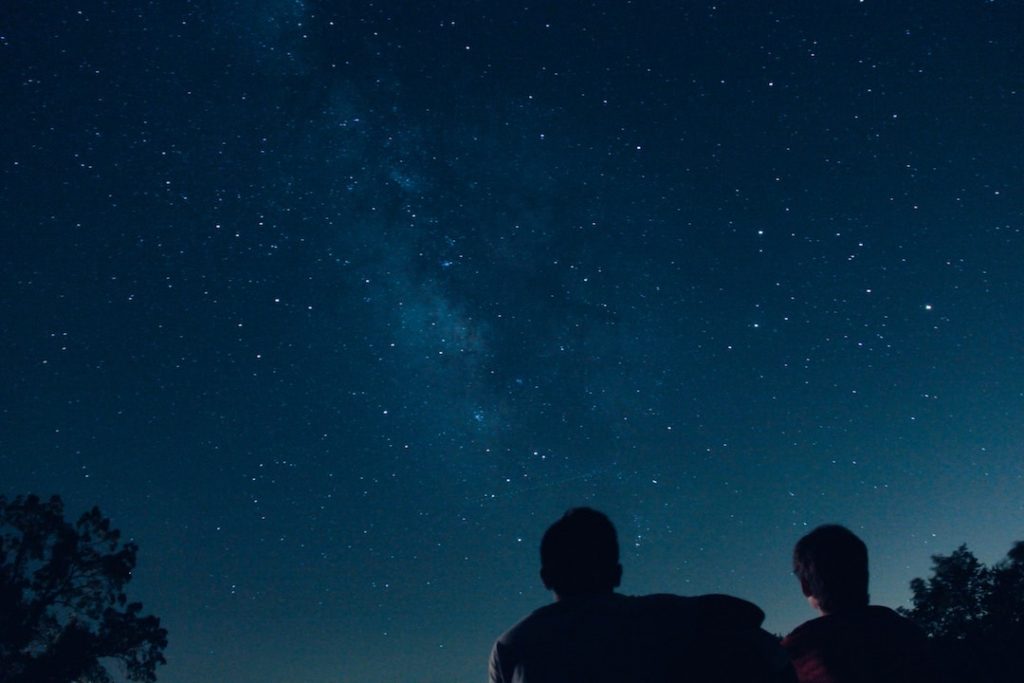
The best places for dark sky tourism in Europe
From dark sky reserves to observatories and northern lights hotspots, these are some of the best places to see the star-spangled sky in all its glory across Europe.
Dark sky parks
Galloway Forest Park, Scotland
Far removed from any hint of light pollution, Galloway Forest Park is one of the most spectacular places in Europe to appreciate the dazzling night sky.
Ink-black and dotted with luminous stars, streaking meteors, and distant planets, the skies here are stellar in every sense of the word — which is why the International Dark-Sky Association awarded it with Dark Sky Park status in 2009.
You’ll be wowed by the park’s wild, unspoiled landscape, but don’t forget to turn your head skyward: more than 7,000 stars are visible with the naked eye, along with the unmistakable glimmering band of the Milky Way.
Two powerful telescopes are on offer here, if you’re keen to get an up-close view of distant objects such as nebulae.
Kerry International Dark Sky Reserve, Ireland
Spanning 700-square kilometres on the Iveragh Peninsula, this dark sky reserve is naturally protected against light pollution thanks to its unique position between the Atlantic Ocean and the Kerry Mountains.
Most of the region’s prime stargazing sites are accessible by car, and on a clear night, there’s a good chance you’ll see the Andromeda Galaxy — the nearest major galaxy to the Milky Way.
Exmoor National Park, England
Roughly 3,000 stars are visible on the clearest of nights in Exmoor National Park, but once darkness descends, you’re virtually guaranteed a spectacular light show at this dark sky reserve.
You can indulge in a spot of stargazing here year-round, but the skies are especially clear during the winter months (between November and February) — which also happens to be the best time of year to see the Orion constellation.
For an unobstructed view of the starry sky, head to one of the park’s many stargazing sites: Dunkery Beacon, Brendon Two Gates, the Pinkery Centre for Outdoor Learning, or Webbers Post.
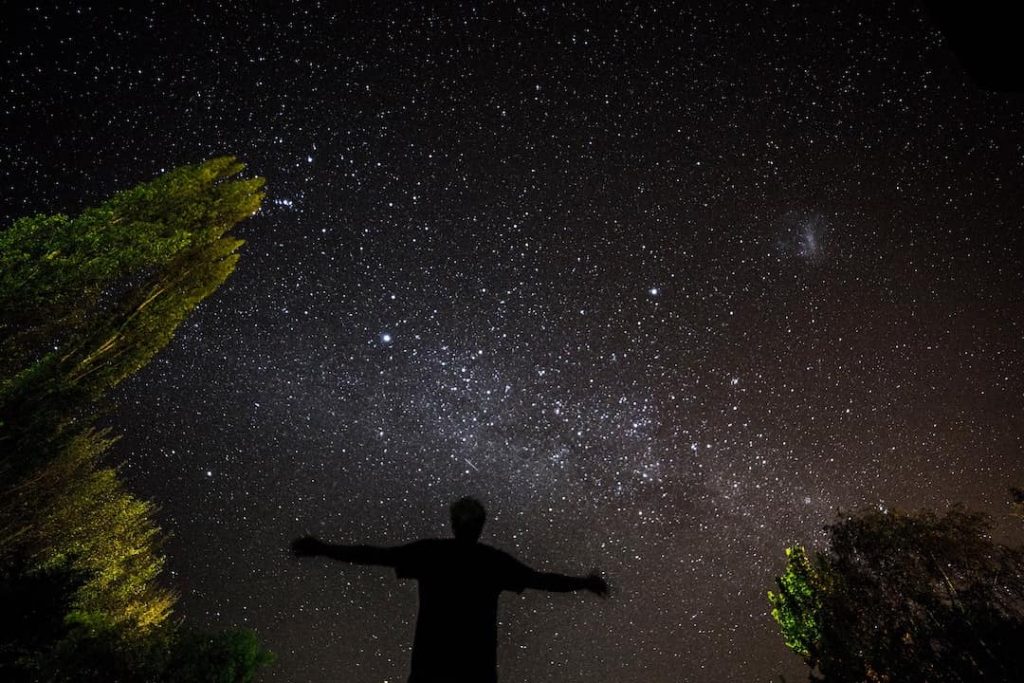
Westhavelland Nature Park, Germany
Situated 70km west of the bright and bustling city of Berlin, Westhavelland Nature Park is one of the most accessible dark sky destinations in Europe. It’s also home to one of the largest contiguous wetlands on the continent, acting as a haven for several endangered plant and animal species.
By day, you can spot beavers, white-tailed eagles, and Eurasian otters, and at night, you can break out your binoculars to admire the Milky Way, glowing like a river of glistening lights.
Brecon Beacons National Park, Wales
With some of the highest quality dark skies in all of the United Kingdom, there’s no doubt a visit to Brecon Beacons will leave you starry-eyed.
The park is full of conveniently-located stargazing viewing points, so you can set up your telescope without having to venture too far from a car park. On a clear night, you’re likely to spot everything from major constellations to nebulas and even meteor showers.
Pic du Midi, France
More than 100,000 people flock to Pic du Midi — a dark sky reserve set against the stunning peaks of the Pyrenees Mountains — every year to marvel at the Milky Way, constellations, and zodiacal light (a faint, hazy glow that appears when sunlight reflects off tiny space particles).
The park’s observatory is the place to be for phenomenal astronomical views, but if you really want to make the most of your time here, consider booking a Night at the Summit package, which includes a cable-car ride to the summit, dinner, a guided stargazing session, and overnight accommodation.
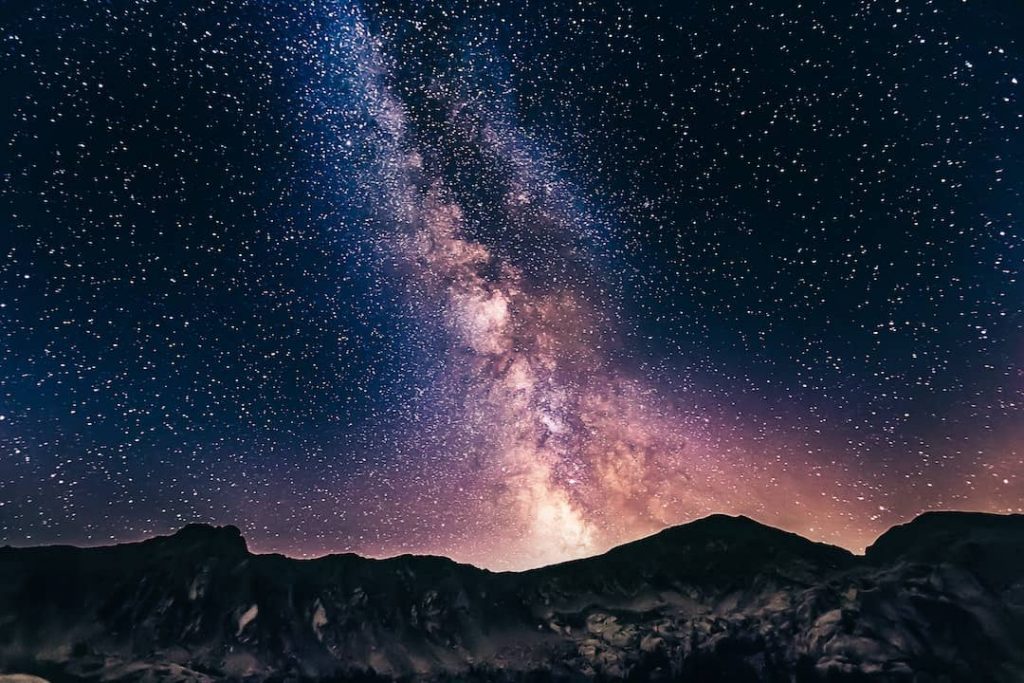
Observatories
If you want to get a little closer to the cosmos while your feet are still firmly planet on terra firma, the following observatories can help make that happen.
Teide Observatory, Tenerife, Spain
On Tenerife, the largest of the Canary Islands, you’ll find some of the clearest skies in the world; this is where planets pepper the sky and the Andromeda Galaxy can be spotted with the naked eye.
If you geek out over all things astronomy, you can’t miss this place: the Teide Observatory houses an array of solar and nocturnal telescopes owned by more than 60 institutions from 19 countries.
Join a guided tour for a full run-down of the world-renowned facility and the equipment inside.
Kielder Observatory, Northumberland, England
Located in the heart of Northumberland International Dark Sky Park is one of Britain’s largest sky-viewing stations: Kielder Observatory.
The skies here are at their best and brightest in winter — when sights like Andromeda Galaxy can be spotted without a telescope — while the summer months bring superb sights of the Milky Way, shooting stars, and comets.
There’s a whole host of events taking place throughout the year here, from lectures to interactive shows and workshops, so be sure to book ahead to enjoy the full observatory experience.
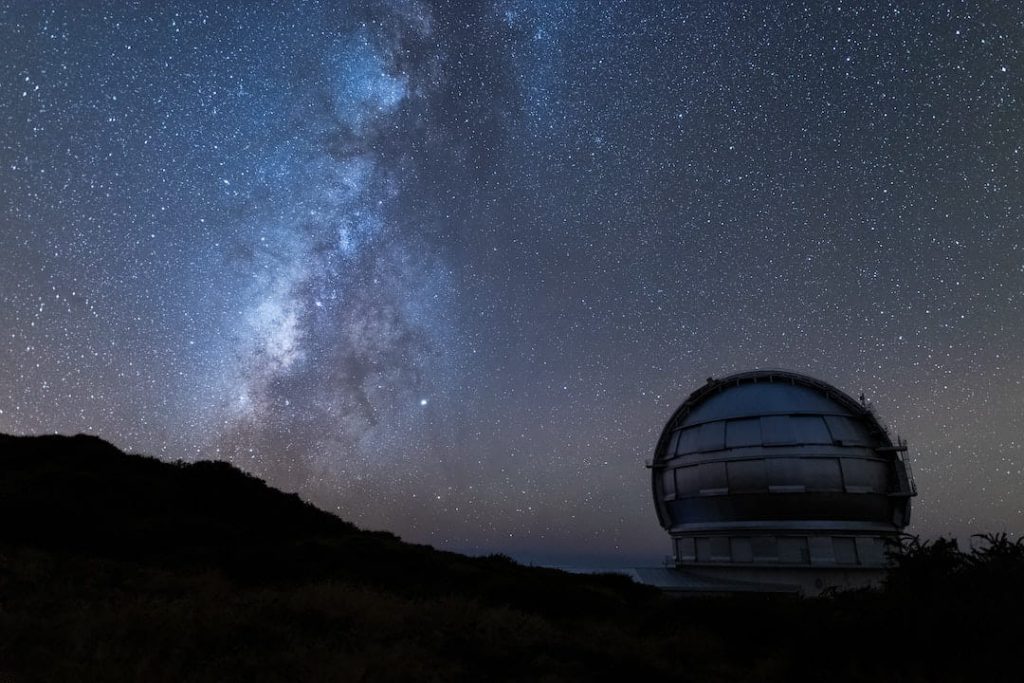
Celestial experiences
Not all astronomy experiences involve staring up at the night sky through the lens of a telescope.
Whether it’s a luxury hotel with a stellar view or a moonlit excursion that lets you admire the sky while you’re on the move, here are a few unique ways to get your astronomy fix in Europe.
Try nighttime stand-up paddleboarding in Snowdonia
If the thought of visiting an observatory doesn’t appeal to you, try hopping on a stand-up paddleboard in Snowdonia National Park, where you can enjoy unimpeded views of Wales’ crystal-clear skies while floating across a serene lake.
Book a bespoke stargazing experience in the Scottish Highlands
When you book a room at the Torridon Resort — an intimate and luxurious hotel located in one of the darkest parts of Scotland — you can organise a bespoke stargazing excursion in the surrounding Highlands with astronomer Stephen Mackintosh.
Get starry-eyed at the Kulmhotel Gornergrat in Switzerland
Sitting sky-high at 3,100 metres with the Matterhorn looming behind it, you’ll feel like you’re almost close enough to reach out and touch the stars at Kulmhotel Gornergrat.
With two observatories, six telescopes, on-site astronomy experts, and some of the most sensational stargazing conditions in Europe, this Alpine hotel was practically made for astro enthusiasts.
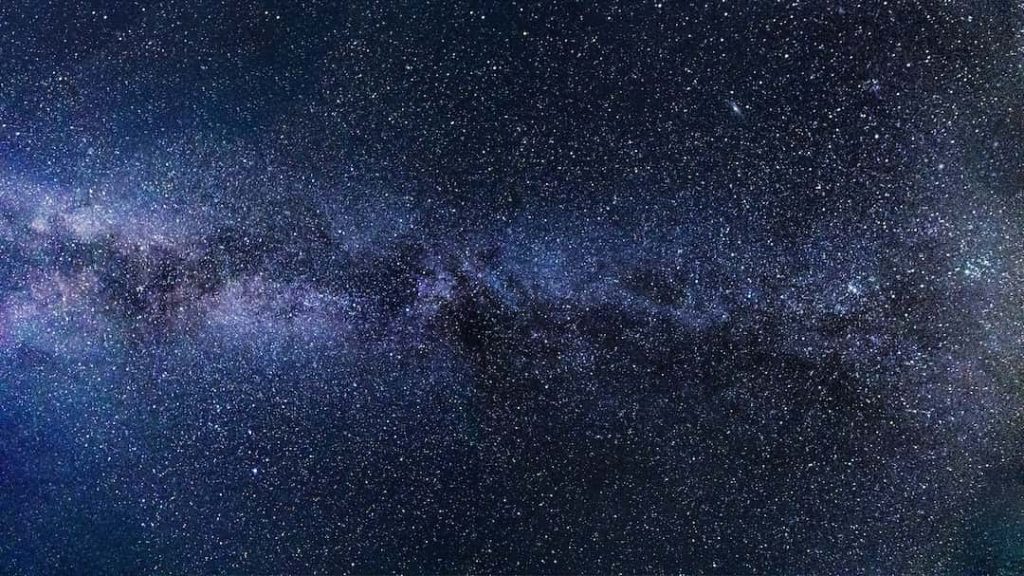
Aurora spotting
The best time to see the northern lights in Europe is between the months of October and March. You can choose from several regions in the far reaches of Northern Europe, but when it comes to frequency and visibility, some destinations are better than others.
For the best chance of witnessing the elusive aurora borealis, head to the Aurora Zone, a region that encompasses Iceland, Finland, Norway, and Sweden.
Your chances of spotting this awe-inspiring phenomenon depend on a variety of factors, but you’ll likely have a better shot in destinations like Tromsø, Norway, Reykjavik, Iceland, and Finnish Lapland.
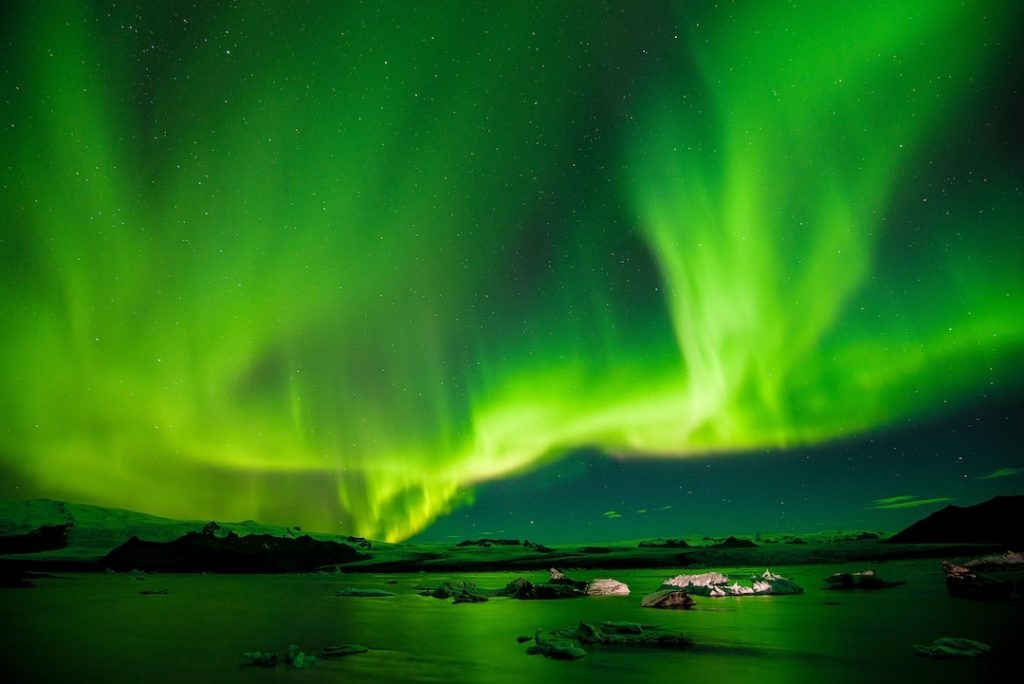
Stargazing tips
- Invest in a pair of binoculars. You don’t necessarily need a telescope or professional-quality gear for your stargazing holiday, but binoculars will elevate your viewing experience. Even a relatively inexpensive pair will reveal a surprising number of sky sights you wouldn’t otherwise see with the naked eye.
- Do some research. Read up on astronomy beforehand to get a feel for what you’re likely to spot in the night sky.
- There’s a stargazing app for that. Download an app like Star Chart, SkyView Lite, or Google Sky to help you easily identify everything from stars to comets and constellations.
- Be prepared. Bring extra layers, hot drinks, blankets, and chairs if needed for your stargazing session.
- Time your holiday right. Plan your astro holiday to coincide with a special astronomical event, like a meteor shower or solar eclipse.
Ready to start planning your European astro holiday? Explore our full range of stargazing tours to get a little closer to the cosmos on your next vacation.


